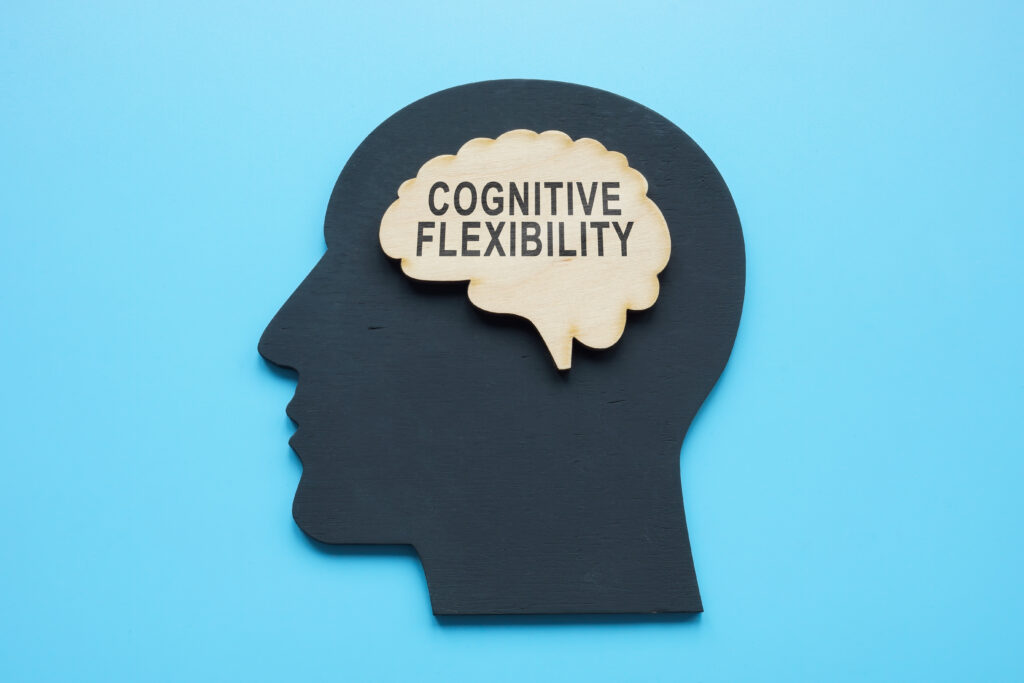Dementia is a term that is often associated with old age and forgetfulness. It is a common condition that affects millions of people around the world and can have a significant impact on individuals, families, and communities. To raise awareness and understanding about this condition, World Alzheimer’s Day, also known as Dementia Day, is observed every year on September 21st.
Dementia is a general term used to describe a wide range of symptoms that affect memory, thinking, and social abilities severely enough to interfere with daily functioning. It is caused by damage to brain cells, which affects the communication between brain cells and leads to a decline in cognitive abilities. Dementia is not a specific disease but a term used to describe a group of symptoms associated with various diseases and conditions. The most common form of dementia is Alzheimer’s disease, which accounts for 60-80% of cases.
World Alzheimer’s Day was launched in 1994 by Alzheimer’s Disease International (ADI) to promote awareness and challenge the stigma associated with dementia. It is a day dedicated to educating people about dementia, its symptoms, risk factors, and available support for those affected. The theme for World Alzheimer’s Day 2021 is “Know Dementia, Know Alzheimer’s.”
The main goal of Dementia Day is to raise awareness and reduce the stigma surrounding dementia. Many people are still ashamed or afraid to seek help or talk about their condition due to the social stigma attached to it. This leads to late diagnosis and inadequate support for those affected. By educating people about dementia, we can create a more inclusive and understanding society for those living with this condition.
On Dementia Day, organizations and communities around the world hold events, programs, and campaigns to spread awareness about dementia. Many people also wear purple, the official color of Dementia Day, to show their support for those living with this condition. Governments, NGOs, and healthcare organizations also use this day to highlight the importance of early diagnosis and provide information about resources and support available for people with dementia.
One of the main ways Dementia Day aims to raise awareness is by educating people about the symptoms of dementia. Memory loss is the most well-known symptom, but other signs include difficulty with language, impaired judgment, confusion, and changes in mood or behavior. These symptoms can significantly impact a person’s daily life and relationships with others. By recognizing the signs, family members and caregivers can better understand and support their loved ones with dementia.
Early diagnosis of dementia is crucial for providing timely and appropriate care. However, many people are unaware of the signs and may dismiss them as a normal part of aging. On Dementia Day, healthcare professionals also focus on educating the public about risk factors and ways to reduce the risk of developing dementia. Some of these risk factors include age, genetics, lifestyle choices like smoking and unhealthy diet, and chronic health conditions like diabetes or hypertension.
While there is currently no cure for dementia, early diagnosis can help manage symptoms and improve the quality of life for those affected. It also gives individuals and their families more time to plan for the future and make necessary adjustments to their living arrangements and financial plans.
On Dementia Day, we also honor and recognize the millions of caregivers who dedicate their time and energy to care for their loved ones with dementia. The physical, emotional, and financial toll of caregiving can be overwhelming, and it is essential to acknowledge and support these unsung heroes.
In conclusion, Dementia Day is a crucial annual event that aims to educate and raise awareness about dementia. By understanding the signs and risk factors, we can recognize when someone may need help and provide them with support. It is also a day to celebrate the strength and resilience of those living with dementia and their caregivers. Let us use this opportunity to promote compassion, understanding, and inclusivity for everyone affected by this condition.


